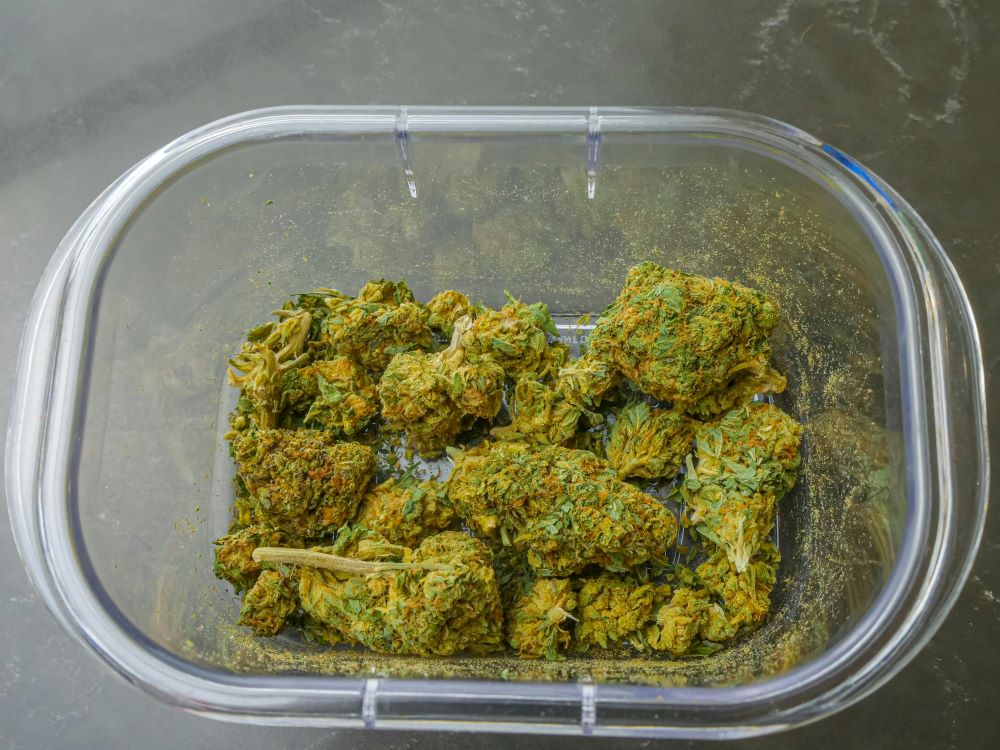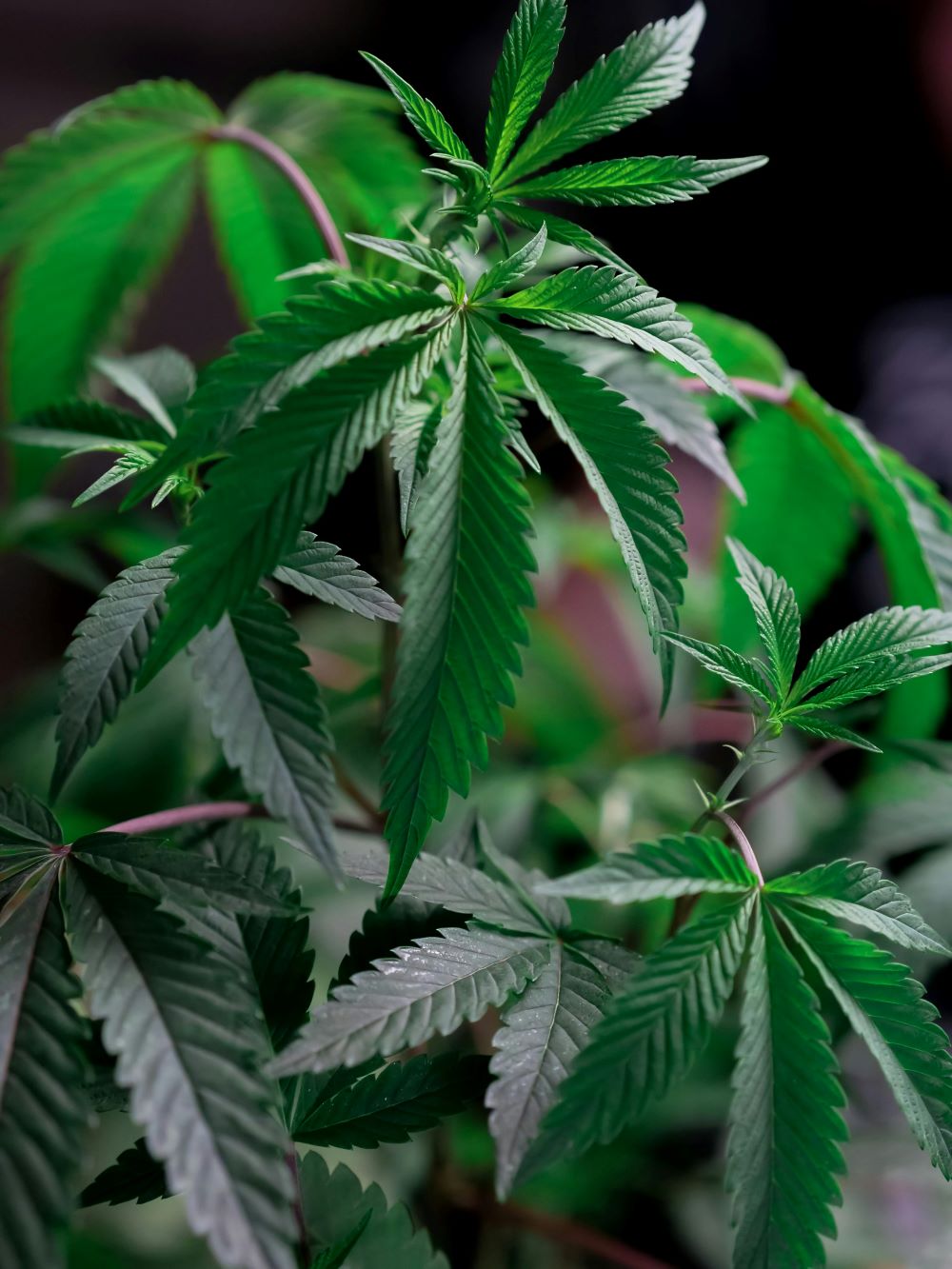Two men die after fungal infection from using bat guano fertilizer.
Two cannabis growers from Rochester, New York, lost their lives after using bat feces as fertilizer. They developed a lung infection caused by a fungus that thrives in bird and bat waste. Both men were enthusiastic gardeners and decided to cultivate their cannabis at home. Unfortunately, their decision to use bat guano for fertilizing the plants exposed them to hidden dangers.
One of the growers, aged 59, purchased the guano online, believing it would help his plants thrive. The other, a 64-year-old, collected the droppings from his attic, which had recently been the site of a significant bat infestation. Inhaling fungal spores from the guano led both men to develop histoplasmosis, a disease that begins in the lungs but can spread to other parts of the body. They experienced symptoms like persistent coughing, fever, weight loss, and eventually severe breathing problems. Despite receiving treatment with antifungal medications in the hospital, neither survived the infection.
Doctors and researchers say this tragedy serves as a reminder of the risks of handling bat droppings. Bat guano is often promoted as a natural fertilizer, especially for cannabis plants, because of its high levels of nutrients like nitrogen and phosphorus. However, it can harbor dangerous fungi, including Histoplasma capsulatum, which causes histoplasmosis. Once airborne, the spores can be inhaled and settle in the lungs, leading to infection. People with weakened immune systems or preexisting lung conditions are especially at risk.
Histoplasmosis isn’t commonly severe, and most who come into contact with the fungus don’t get sick. But when symptoms do appear, they can include fever, chills, muscle pain, chest discomfort, and respiratory issues. These symptoms can take days or weeks to show up after exposure. In severe cases, the disease can last for months or even be life-threatening. The two men from Rochester had additional health challenges, like a history of tobacco use and lung problems, which likely made the infection worse.

Cases of histoplasmosis are more frequently reported in regions like the Mississippi and Ohio River valleys, where the fungus is+- more commonly found in soil. However, it has been documented in other parts of the country, including New York. According to health authorities, around one to two people per 100,000 are infected in the U.S. each year. Most infections are mild and resolve without treatment, but more severe cases require medical intervention.
The recent deaths have prompted experts to call for better awareness of the risks associated with bat guano. They suggest that products containing guano should be tested for harmful fungi before being sold. If testing isn’t feasible, clear warning labels and instructions on safe handling should be mandatory. Home gardeners, especially those growing cannabis, are urged to take precautions, such as wearing protective masks and gloves, to minimize exposure when handling guano or working in areas where bat droppings are present.
The Centers for Disease Control and Prevention (CDC) also recommends avoiding activities that can stir up fungal spores. For instance, cleaning areas with large amounts of bird or bat droppings, such as attics or caves, should be left to professionals equipped to handle the material safely. If exposure is unavoidable, wearing a high-quality respirator mask can help reduce the risk.
This case highlights the potential risks of home cannabis cultivation, particularly as legalization encourages more growers to harvest their own plants. While natural fertilizers like bat guano are often marketed as safe and effective, they can carry unseen dangers. Education about these risks is essential to prevent similar tragedies in the future.
For those considering the use of bat guano or similar products, it’s important to weigh the benefits against the potential health hazards. Alternative fertilizers are available that don’t carry the same risks. Taking simple precautions, like avoiding direct contact and ensuring good ventilation, can also reduce the chances of infection. These steps may seem small, but they can make a big difference in protecting your health while gardening.
The story of these two men serves as a sobering reminder of how everyday activities can sometimes have unexpected consequences. By staying informed and taking proper precautions, gardeners can continue to enjoy their hobby while staying safe from hidden dangers.
Sources:
Bat poop used to grow cannabis kills 2 in New York in unusual cases
Histoplasmosis Associated With Bat Guano Exposure in Cannabis Growers: 2 Cases


Join the conversation!